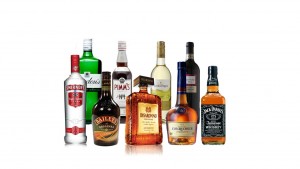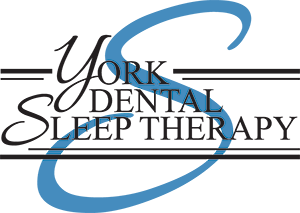 Through the years, there have been hundreds of studies about alcohol and how it impacts your health. Good or bad, it is important to note that alcohol can impact your body in ways that you might not have anticipated. This article will attempt to condense the most important effects of alcohol consumption into a list of ten things. Here are ten important ways that the consumption of alcohol can affect you and your sleep apnea.
Through the years, there have been hundreds of studies about alcohol and how it impacts your health. Good or bad, it is important to note that alcohol can impact your body in ways that you might not have anticipated. This article will attempt to condense the most important effects of alcohol consumption into a list of ten things. Here are ten important ways that the consumption of alcohol can affect you and your sleep apnea.
1) Sleep
If your sleep health is normal, alcohol can cause you to fall sleep quickly, but can also result in interruptions to your deep sleep patterns. For patients with sleep apnea, the same results are not always assured. In fact, sleep apnea can cause patients to experience other more serious reactions to alcohol.
When alcohol enters the body, muscles to relax as the alcohol is processed. Unfortunately, this includes the muscles in your airway that can increase the likelihood of an apnea related collapse. This can be very dangerous because when throat muscles are relaxed, arousal responses drop and it can be harder to wake up. Consequently, most doctors suggest that patients with sleep apnea should avoid drinking alcoholic beverages late at night or near bedtime. If alcohol consumption cannot be avoided, it is best to consume alcohol in moderation and make sure it is far enough away from bedtime that the effects have worn off by the time you go to bed.
2) Heart Health
Alcohol may have some negative consequences for sleep apnea patients. However, there are some benefits to drinking in moderation. Studies have shown that beer is actually good for many patients in small quantities. In fact, moderate beer drinkers had a 42 percent lower risk of heart disease than non-beer drinkers. Wine has a similar effect on heart health. This has not been shown to be the same for drinkers of hard alcohol.
3) Creativity
You may not know that alcohol consumption can help the creative process. In a recent study in the journal Consciousness and Cognition, patients who consumed moderate amounts of alcohol solved cognitive brain function problems seconds faster than their sober counterparts. However, this ability decreased when consumption increased to .08 or above. This showed that heavy drinkers actually lost creative function once they reached the level of legal intoxication.
4) Blood Sugar
Believe it or not, researchers found that drinkers who consumed alcohol moderately over 4 years were much less likely to be diagnosed with type 2 diabetes. However, the type of alcohol was a factor as well and drinkers needed to stick to beer or wine.
5) Kidneys
Most people think that alcohol damages internal organs. But researchers in Finland found that moderate beer consumption lowered the risk of developing kidney stones by up to 40 percent. This may have been related to the high water content in beer, but is good news nonetheless.
6) Self-Confidence
Most drinkers know about the effects that alcohol can have on your perception of others. But this is also true for self-perception. British researchers found that the more drinks people consumed, the more attractive the drinkers found themselves. So drink up to improve your self-confidence!
7) Eye Health
Canadian researchers have discovered that drinking a beer or two daily increased antioxidant activity. This same activity has been shown to stop cataracts from forming in the eyes. The opposite effect was discovered in participants who had three or more drinks a day.
8) Blood Pressure
Research has suggested that beer can lower the risk of hypertension. However, over-consumption and consumption of hard alcohols can have the opposite effect, so be careful!
9) Immunity
According to recent studies by researchers in Oregon, having one or two drinks a day might boost your immune system and help fight infections. So take a trip to the bar for better immunity!
10) Bones
A recent Tufts University study found that a couple beers a day can strengthen your bones. Patients who consumed one or two beers a day had a 4.5 percent greater bone density than non-drinkers. However, more than two beers daily was associated with 5.2 percent lower bone density, so be careful and limit your intake.
See Dr. Bell For Help With Sleep Apnea Symptoms
Sleep apnea may be causing you to lose valuable sleep and sacrifice your well-being. Alcohol can make the symptoms of your sleep apnea worse, so it is critical to limit your intake and watch your alcohol consumption before bed. If you have questions about the symptoms, diagnosis and treatment for sleep apnea, check out the rest of our helpful sleep apnea website or call one of friendly staff members today for more information. Help for your sleep apnea treatment could be just a phone call away, so call us now for a consultation.
